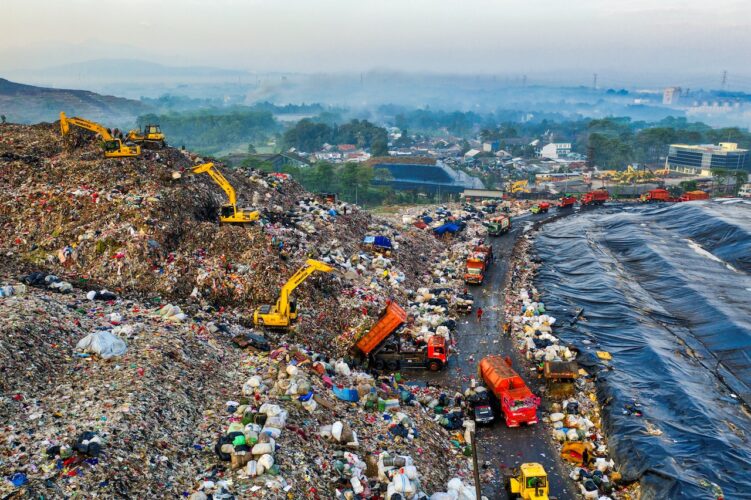Effective waste management has become an imperative in our modern world, where consumption rates are soaring, and resources are finite. A comprehensive waste management system not only helps maintain clean and healthy environments but also plays a crucial role in achieving a sustainable future. In this article, we explore the significance of waste management, its key principles, and the transformative potential it holds for transitioning to a circular economy. Join us as we delve into the realm of waste management and discover how it can pave the way towards a greener and more sustainable world.
Understanding Waste Management
Waste management encompasses the collection, transportation, treatment, and disposal of various types of waste generated by human activities. It involves implementing strategies to minimize waste generation, maximize resource recovery, and reduce the environmental impact of waste disposal. A well-designed waste management system takes a holistic approach, considering aspects such as waste reduction, recycling, composting, and safe disposal of hazardous materials.
Key Principles of Waste Management
Waste Hierarchy: The waste hierarchy is a guiding principle that ranks waste management strategies based on their environmental impact. It prioritizes waste prevention, followed by reuse, recycling, energy recovery, and as a last resort, disposal. By following this hierarchy, we can minimize waste generation and maximize resource recovery.
Source Separation: Source separation involves sorting waste at the point of generation into different categories such as recyclables, organic waste, and non-recyclables. It enables efficient waste management practices, facilitates recycling, and enhances the quality of recovered materials.
Recycling and Resource Recovery: Recycling involves transforming waste materials into new products, reducing the need for virgin resources. It conserves energy, reduces greenhouse gas emissions, and helps create a circular economy by closing the loop on material lifecycles. Resource recovery methods such as composting and anaerobic digestion also extract value from organic waste, generating nutrient-rich compost and biogas.
Waste-to-Energy: Waste-to-energy technologies convert non-recyclable waste into energy through processes like incineration or anaerobic digestion. These methods can generate electricity, heat, or biofuels, reducing reliance on fossil fuels and providing a sustainable energy source.
Hazardous Waste Management: Proper handling and disposal of hazardous waste are essential to protect human health and the environment. Specialized treatment and disposal methods ensure that hazardous substances are safely managed, minimizing the risks associated with their release.
Benefits of Effective Waste Management
Environmental Protection: Implementing sound waste management practices helps reduce pollution, prevent soil and water contamination, and minimize the release of harmful substances into the environment. It preserves ecosystems, protects wildlife, and contributes to a cleaner and healthier planet.
Resource Conservation: Waste management promotes the efficient use of resources by recovering valuable materials through recycling and reusing. It reduces the demand for raw materials, conserves energy, and minimizes greenhouse gas emissions associated with resource extraction and manufacturing.
Economic Opportunities: Effective waste management systems create economic opportunities by supporting industries involved in recycling, resource recovery, and waste-to-energy. They generate employment, stimulate innovation, and contribute to the growth of a sustainable circular economy.
Climate Change Mitigation: Proper waste management practices, such as recycling and waste-to-energy, can significantly reduce greenhouse gas emissions. By diverting waste from landfills and replacing fossil fuel-based energy sources, waste management becomes an integral part of climate change mitigation efforts.
Conclusion
Waste management is a crucial pillar of sustainable development, offering a pathway towards a circular economy and a greener future. By embracing the principles of waste reduction, recycling, resource recovery, and proper disposal, we can minimize environmental impacts, conserve resources, and mitigate climate change. Let us prioritize effective waste management practices, promote public awareness, and collaborate on innovative solutions to create a world where waste is viewed not as a problem but as a valuable resource. Together, we can foster a sustainable society where waste is managed responsibly, nurturing a circular economy for generations to come.
